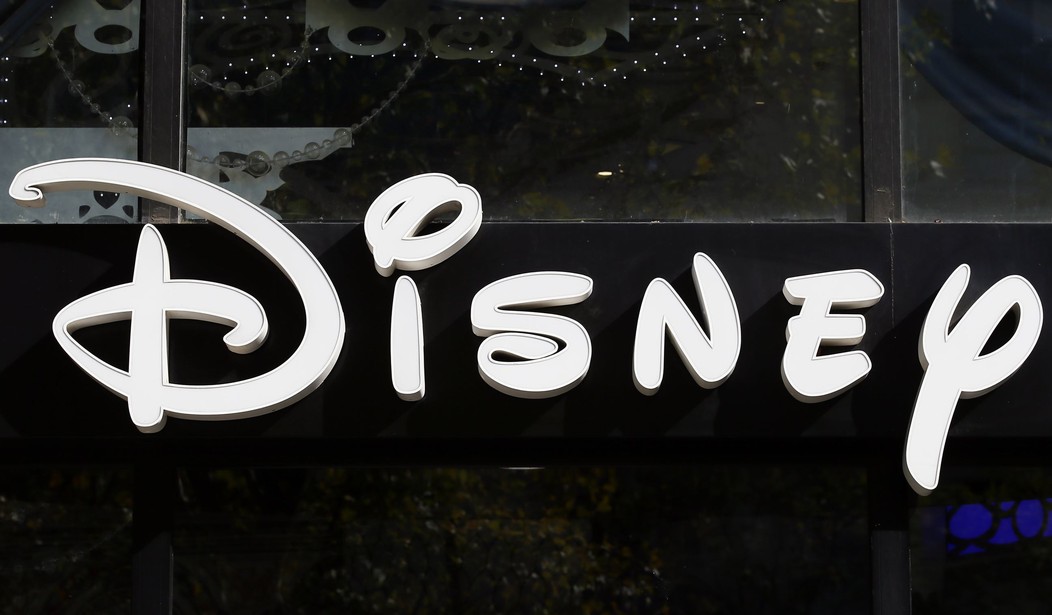When footage surfaced a few years ago of Disney executives boasting about the “secret gay agenda” that they had been weaving into children’s programming, parents across the U.S. were shocked – and rightfully so. Since the release of Snow White and the Seven Dwarfs in 1937 through more recent box office hits like Lilo & Stitch, Disney has long been a trusted source for wholesome, age-appropriate, and non-controversial programming.
But those days are over. We now live in a world where iconic children’s entertainment companies like Nickelodeon and Disney are more interested in teaching radical ideologies than innocently making children laugh, smile, and sing along with their favorite characters. Nickelodeon has aired commercials in which drag queens sing about pride flags. Disney+ has launched a Star Wars series featuring a non-binary character with “they/them” pronouns. Netflix’s Ridley Jones, rated TV-Y, includes a non-binary buffalo. Blue’s Clues, a show intended for preschool audiences, once invited kids to sing along about a non-binary dolphin, while Muppet Babies, another preschool-age show, added a transgender character. Shows we once relied on for children’s content have devolved into vehicles for left-wing politics and values.
This problem becomes more concerning as many streaming services now use “auto-play” features, making it easy to slip from one episode to the next without parents touching a button. Some parents have watched one or two episodes of a show with their children without any issues, allowed the show to become a trusted option in their home, and only later discovered that they had inadvertently exposed their children to content that was actively undermining their own values and beliefs.
Recommended
What’s more – parental control filters often fall short when it comes to discerning content. Many parents assume that employing filters from networks or using “kids” profiles on streaming services are sufficient to shield children from unwanted content. But as a parent myself researching these features, I’ve learned this couldn’t be further from the truth. Parental controls are a good first step for concerns like language or violence but do little regarding content. For instance, with parental control filters in effect, Blue’s Clues still won’t filter out episodes featuring its LGBTQ-themed sing-alongs or drag queen content. There’s also no way to block or filter select episodes while keeping the rest. And it’s important to remember that “kids” profiles display content the network considers “appropriate,” not what we, as parents, want our children to be watching.
It is incumbent upon parents – now more than ever – to have a deep understanding of what our kids are viewing. No parental control, app, or feature will ever replace the discerning eye of Moms and Dads researching programming.
There are, however, tools that can help parents regain control and better understand the children’s entertainment landscape. The American Parents Coalition (APC) recently launched The Lookout to better inform parents about this growing problem and to provide helpful and immediately actionable tips for entertainment monitoring and safer streaming.
The Lookout provides tips for researching shows, such as recommended search keywords, before allowing children to watch without supervision. It also highlights “safe” streaming services like Minno, BentKey, PureFlix, Canon+, and Yipee, which offer more curated options and content that may better fit your family’s values. Lastly, the guide suggests monitoring and updating filters on streaming platforms by searching for parental control options online. But remember, no control is perfect, so a combination of these strategies will likely work best for your family.
Finally, and perhaps most impactful, is the decision to cancel subscriptions to networks that don’t align with your values, and even consider sending a letter to the network detailing your reasons. Our families are the consumers, and without us as customers, these networks lose significantly. Making our voices heard can push these networks to rethink their content and prioritize family-friendly programming. A collective response can contribute to a broader push for change.
We must be proactive and stay informed and involved in what our kids are exposed to on a daily basis. The media landscape has shifted in ways that challenge millions of parents’ values and their ability to protect them. And unfortunately, we can no longer rely on fake fixes or empty assurances from networks that clearly prioritize political ideology over the innocence of the children they target. Nothing should come between a parent and child, and that includes the agendas of today’s entertainment industry.

























Join the conversation as a VIP Member